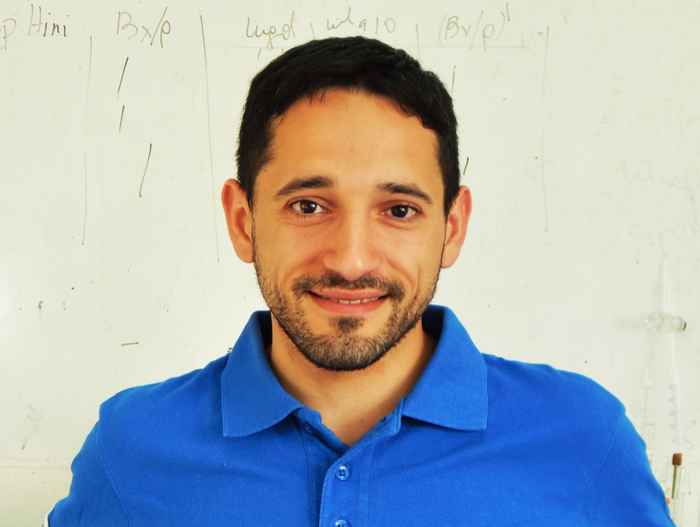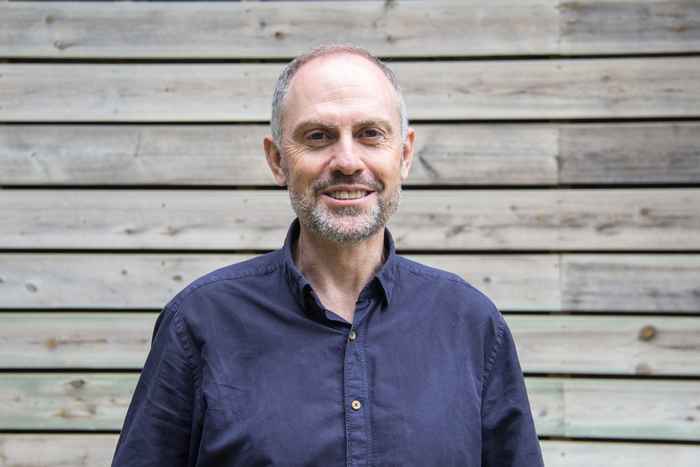Two new Fellowships awarded in 14th Call, October 2021
Dr. André Nicolai Petelski (National Technological University (UTN), Argentina) and Prof. Miquel Solà (iQCC, University of Gerona)

Computational study on Quadruply Hydrogen Bonded Systems
Guest: Dr. André Nicolai Petelski, Assistant researcher National Scientific and Technical Research Council (CONICET), National Technological University (UTN), Argentina.
Hosted by Prof. Dr. Célia Fonseca Guerra, (VU Amsterdam).
Total of 5 months.
Hydrogen bonds (HBs) play a crucial role in supramolecular chemistry. The design of robust complexes based on quadruple HBs with high association constants are challenging. The dimerization via hydrogen bonding can involve prototropy for which an energy penalty needs to be paid. In addition, some systems can also show conformational tautomerism that will affect the bonding between the monomers. The research question posed by the experimentalists is how tautomerism and secondary electrostatic effects (SEI), along with other effects like intramolecular preorganization influence association and how we can manipulate them in order to get the desired dimerization. The aim of this project is therefore to understand how these phenomena interplay in the dimerization of synthetic quadruply hydrogen bonded systems.
This fundamental research project will include state-of-the-art computational approaches and will be supported with experimental studies by the supramolecular chemistry group of Professor Anja Palmans.

Quantum Chemical Design, Synthesis and Kinetic Analysis of Tether-Tuned C60 Bis-Functionalization
Guest: Prof. Miquel Solà, Professor at the Institute of Computational Chemistry and Catalysis
Hosted by Prof. Dr. F. Matthias Bickelhaupt and Dr. Trevor A. Hamlin (Vrije Universiteit Amsterdam, Theoretical Chemistry)
Total of 1 Month.
Functionalization of fullerenes is important to solubilize them and to generate donor-acceptor dyads that can be used in dye-synthesized solar cells. Fullerene C60 behaves as a polyolefin poor in electrons (with strong electron-withdrawing character); as a result, it undergoes a variety of chemical reactions. Because of its electron deficient nature, the main reactions that fullerenes undergo are nucleophilic additions. During the visit, we will perform a theoretical study of an intramolecular Bingel reaction in a bis(fulleroid) (an open fullerene) that has a chain with a final malonate group. The bis(fulleroid) has been generated previously by a [2+2+2] reaction, The Bingel reaction involving the malonate group and the bis(fulleroid) is expected to form a three-membered ring between the methylene protons of the malonate, and the two carbons of any [6,6] bond of bis(fulleroid). This bis(fulleroid) has 30 different [6,6] double bonds that can be hypothetically attacked during the Bingel reaction. The theoretical results obtained will allow to determine the products of the reaction that are more likely be produced in experiments that will be conducted in the University of Girona by Prof. Anna Roglans. It will also allow to learn the reasons why these major products are formed.